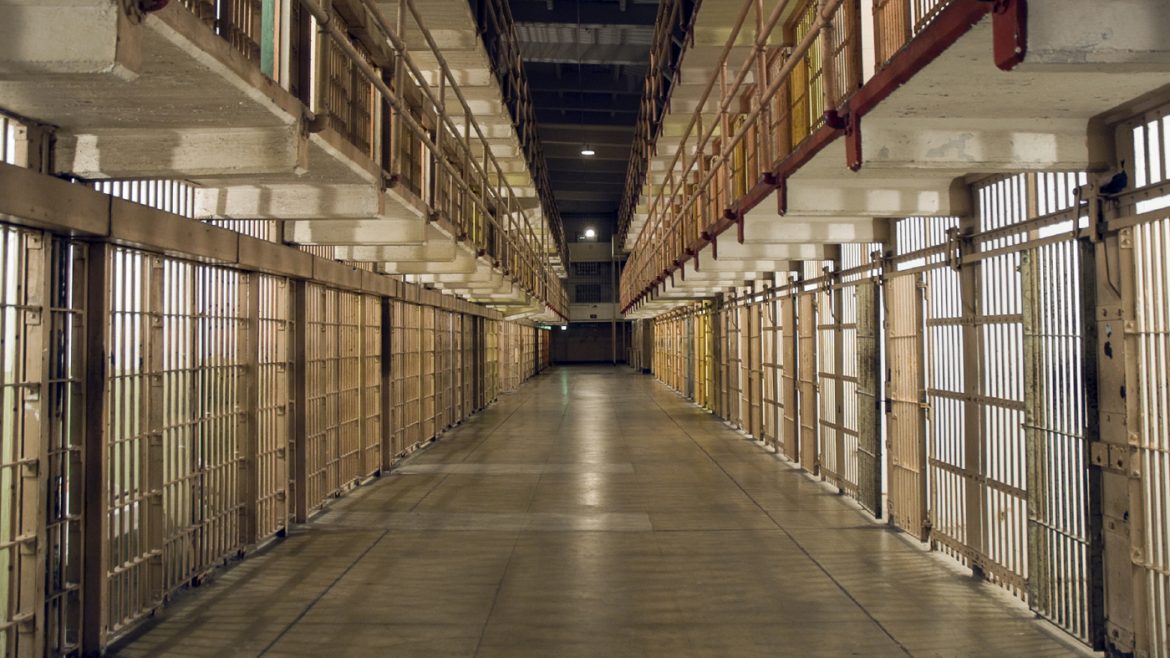
Transference: The Prisoner

Transference: The Prisoner
By: claycormany in Writing
This short story offers a different perspective on how the cancer transference procedure introduced in my March 17 blog might impact people’s lives.
TRANSFERENCE: THE PRISONER
Walt watched the prisoner stumble past his cell. Two guards stood on either side of the man, guiding him down the long corridor that would end at “the chemistry lab.” The prisoner’s hands were cuffed behind him, but that was nothing more than standard policy for a man heading to his execution. Walt knew this prisoner wanted to die, had turned down all efforts to save his life. So he didn’t need cuffs and only needed the guards because being blind he couldn’t find his way to the lab without help. George (Walt thought that was the condemned man’s name) had full vision less than two days ago. But in a final act of redemption, he had allowed the corneas of both eyes to be removed and donated to someone in need. Maybe George’s family would receive some benefit or reward from his final (and perhaps only) contribution to humanity. In any case, George wouldn’t be needing his eyes – or anything else – after he left the lab.
Walt watched George and the guards until they disappeared into the shadows of the corridor, and then he slumped onto his bed, his thoughts jumping ahead to April 18, just three weeks away. The procedure he’d be going through on that day would do a lot more than leave him blind. It would kill him – eventually. As explained by the prison doctor, he’d undergo some kind of transfusion that would cause him to get cancer, and though chemotherapy and radiation might keep him alive for awhile, none of those treatments would be used. He’d be given painkillers to blunt the physical agony that came with cancer, but the disease itself would go unchecked. Death by cancer. It was quieter, less dramatic than the electric chair, the hangman’s noose, or even lethal injection – but it brought the same result.
Walt put his arms behind his neck and tried to relax as much as the narrow, lumpy bed allowed. What good would come from my death? The doctor wasn’t clear or maybe he just wasn’t smart enough to understand his explanation. Apparently somehow, someway, his getting cancer would cause someone else to not get it. Who was that “someone?” The doctor wasn’t allowed to say. All he could say was that Marlene would be told. Maybe it wouldn’t make a bit of difference to her, but it was worth a try. In life, he had never given her any reason to be proud of him. Perhaps in death, he could.
####
November 6, 2019
Marlene Stowe
65 South Weber Road
Cornwall, OH
Dear Ms. Stowe:
You don’t know me, but that doesn’t matter. The fact is, I’m alive today because of your father, Walter Stowe, who I understand recently passed away. If it weren’t for him, I am the one who would have passed away. Just about a year ago, I was diagnosed with terminal cancer. The doctors tried the usual things – chemotherapy, radiation, surgery – but nothing could stop the cancer from spreading.
Then I was offered the chance to be part of an experimental procedure. The doctors said it might not work, but if it did, I would be free of the cancer – not just in remission, but completely cured. The catch was, someone had to “receive” the cancer from me, and whoever it was could not be cured. There was no one, not even in my family, who would do this. It looked like I would die in a matter of weeks.
Then I got the news. A prisoner at the state penitentiary was willing to be my “receiver.” I went to the prison’s medical facility where this prisoner and I were hooked together with a tube, sort of like a blood transfusion. There was a curtain between us, so I never saw your father, but the blood coming into my arm made it clear he was over there.
About a week later I got the news that my cancer was cured, but that meant your father now had the disease. I don’t know what, if anything, he got in return for making this sacrifice, but he obviously saved my life. I know nothing about what kind of man Walter Stowe was or what kind of father he might have been to you. I guess he must have done something pretty bad to wind up in a maximum-security prison. But whatever he might have done wrong, Walter Stowe is still a hero in my eyes and in the eyes of my children, and always will be.
Sincerely,
James Tolliver
Tags: cancer, death, prisoner, procedure, sacrifice

